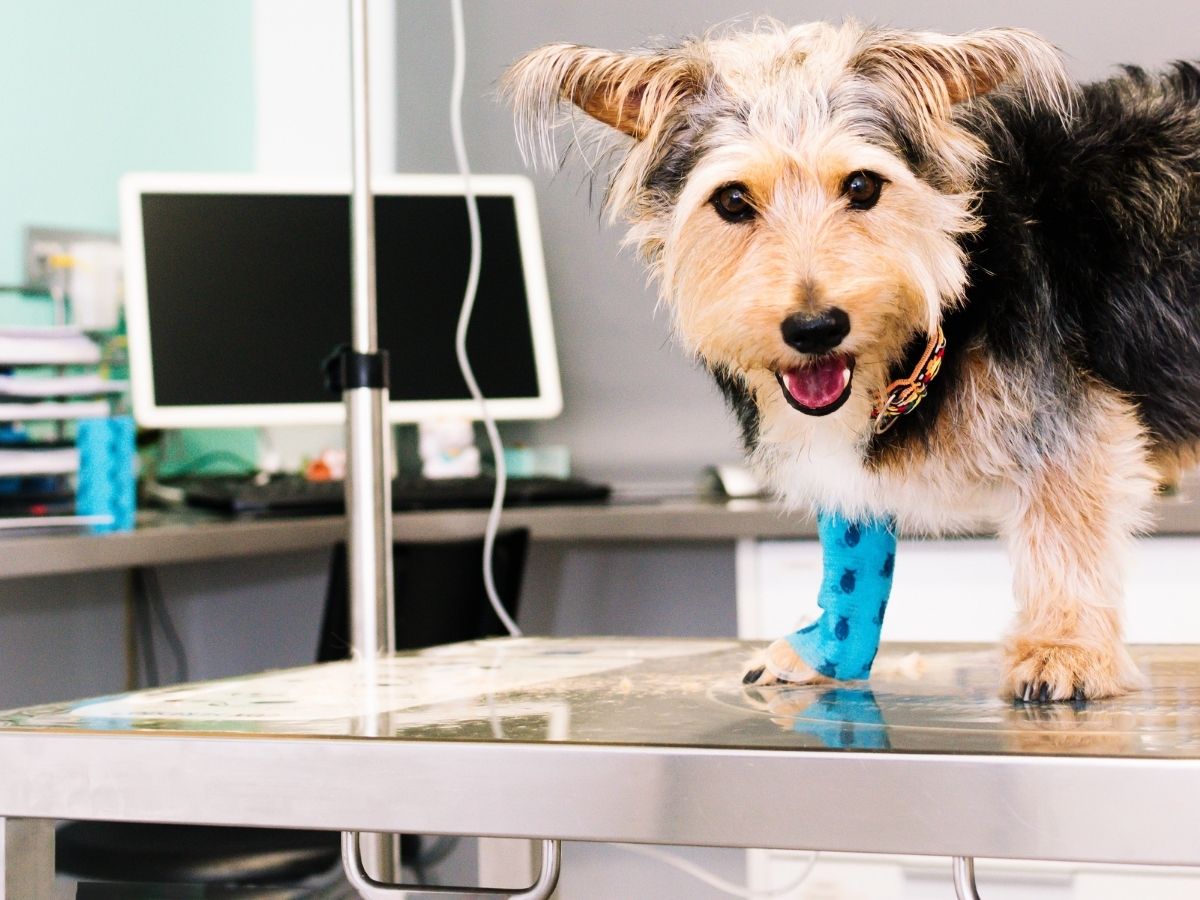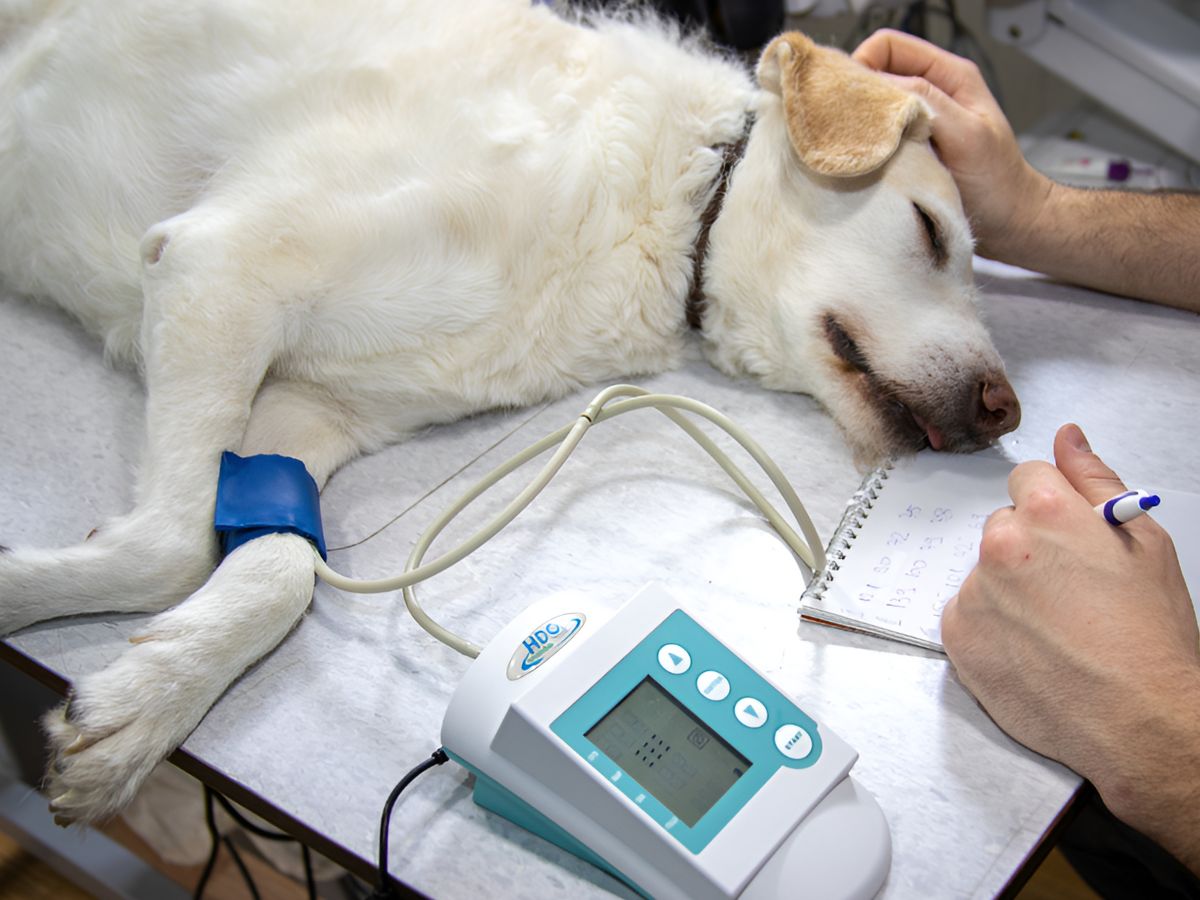Pet Urgent Care in Raymond, WA
Just like people, pets can experience accidents and injuries that require prompt care. If you feel your pet has a problem that should be dealt with urgently, please call us to see if we can accommodate you. It can be difficult to secure a veterinary visit, and we strive to provide this service for the community when your pet needs it most.

Poison Ingestion
Ingestions of medications, poisons, or other items can be life-threatening. If you see your animal eating any questionable substance, please contact us immediately.
It is a good idea to keep the telephone number of the ASPCA Animal Poison Control Center – 888-426-4435, as well as that of your local veterinarian – 360-942-2321, in a prominent location.
Seizures
If your pet has had seizures in the past or just had its first seizure, you need to take them to an animal hospital for emergency veterinary services as quickly as you can. Seizures occur as a result of abnormal electrical activity in their brain. Seizures can sometimes be isolated, whereas other times they occur in groups, but either way, there are a number of things that may cause your pet to have seizures, so it’s critical that you seek medical attention for them as soon as possible.
Foreign Body Ingestion
Pets eat the weirdest things. Unfortunately, often these things may cause obstructions (blockages) in the intestinal tract. When this occurs, it is life-threatening, and emergency care should be sought right away. Common symptoms include (but are not limited to): acute vomiting, straining to defecate, lethargy, and loss of appetite.
Breathing Problems
Watching your pet struggle to breathe can be terrifying for both you and your pet. If your pet is having difficulty breathing, it means there is something going on, and it definitely can be classified as an emergency. Breathing problems can be caused by a wide range of things, such as heart failure, an allergic reaction, a blockage in the lung, and a variety of other serious problems. In this situation, you should seek emergency pet services immediately.
Trauma
There are many types of trauma that your pet can experience. If your pet has experienced any type of strike or blow, such as being hit by a car that causes injury or damage to any part of their body, they should be seen by a veterinarian as soon as possible. If you aren’t sure how to transport your pet to the animal hospital following trauma or if you have questions about what to do during transportation, such as covering a wound or bracing a broken bone, contact your veterinarian for recommendations while you are in route or just prior to going to the emergency room.
If you notice your pet acting differently or exhibiting strange behaviors, such as withdrawing from you or suddenly fatigued, it is important you take them for an examination as soon as possible. Many injuries and illnesses will not show symptoms right away, such as if your pet has eaten something toxic, so the safest thing to do is take them in for an exam at the first sign of anything different in their behavior.
Urinary Emergencies
Bladder stones, kidney stones, internal lesions, and other obstacles in the urinary tract may cause dangerous urinary blockages, causing toxins to build up in the blood. Catheterization to remove the blockage, combined with fluids to dilute the toxins, can save your pet’s life.

